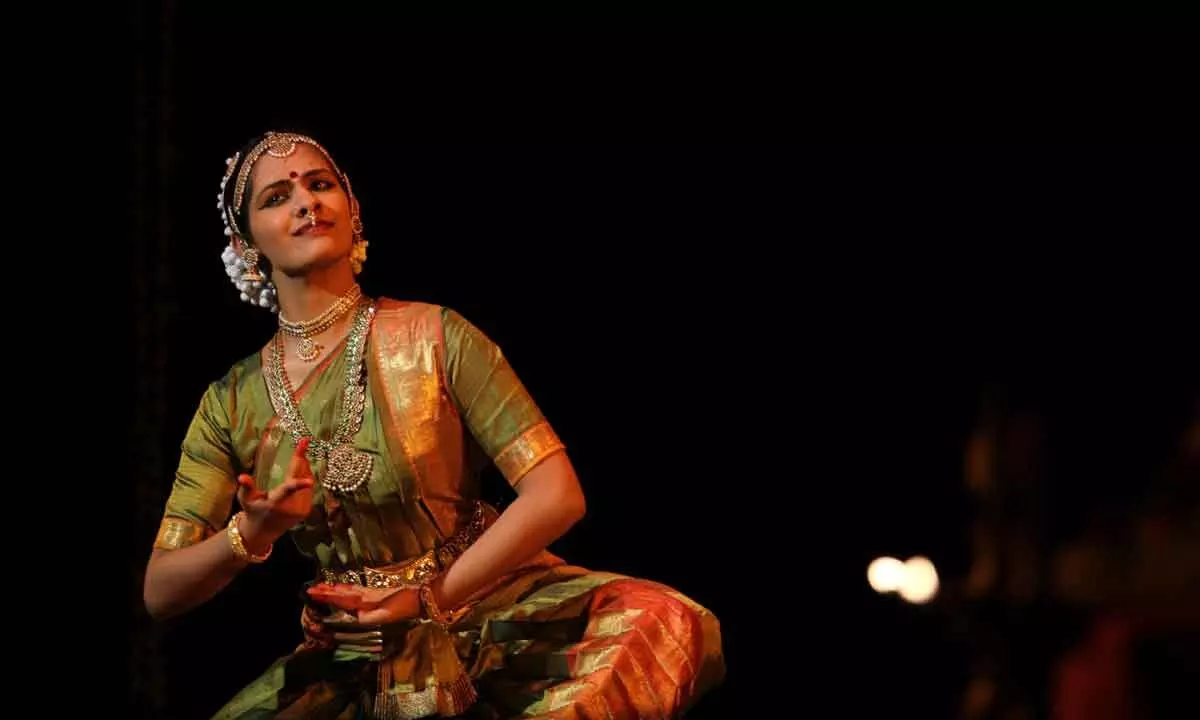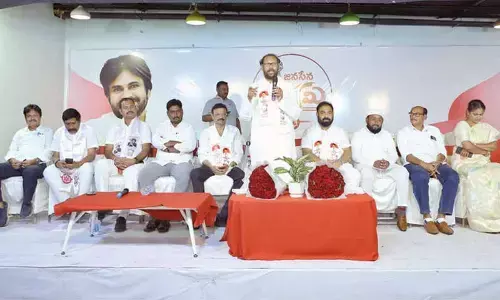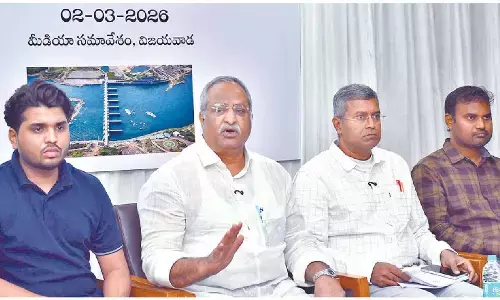Exploring Bharathanatyam in form of culture, tradition and spirituality

Bharathanatyam is a cultural and spiritual expression that combines grace, narrative depth, and expressive gestures. It connects ancient and contemporary ideas and individual and universal experiences. Bharathanatyam is a vibrant medium that represents India’s cultural and spiritual heritage. This art form bridges epochs and transcends boundaries, making it one of the very treasured and revered art form in the world
Bharathanatyam is an ancient Indian classical dance form which embodies the India’ s rich culture, spirituality, and traditions. It originated in Tamil Nadu, India and patronised by the Chola and Pandya Kingdoms, has been an important part of India’s cultural history for thousands of years. Scholars have studied ancient texts such as Pancha Marabu, Tholkapiyum, and Natya Shastra to affirm its historical roots and its close relationship with India’s cultural and spiritual values.
Bharathanatyam is a type of dance known for its intricate costumes, expressive hand gestures called mudras, elegant movements, and complex footwork. It’s not just a performance, but also embodies the profound spiritual and cultural values of ancient Indian tradition. This dance form combines grace, music, and storytelling to convey stories, emotions, and messages from ancient Tamil literature, Itihasas, Puranas, Maha Kavyas, and spiritual themes. It’s a living bridge that connects the past with the present, allowing generations to engage with and reflect upon the philosophical and cultural depths of ancient Indian civilization.
Historically, Bharathanatyam was performed in temples as an act of worship and spiritual offering to the deities, a tradition that has been well-documented over time. Even as it transitioned to stage performances, its spiritual essence remains intact. Performances within temple precincts or during religious festivals highlight Bharathanatyam’s enduring role in spiritual practice and devotion, emphasising its significance beyond the confines of performance art.
The rigorous training required to master Bharathanatyam underscores the preservation of its aesthetic and traditional integrity. Dancers undergo years of dedicated practice to perfect the art’s footwork, hand gestures, and facial expressions, embodying the discipline passed down through generations in the Guru-Shishya parampara. This meticulous training regimen ensures the continuity of Bharathanatyam’s rich traditions, along with its codified steps and unique rhythms , costumes, music, choreography, and presentations, is preserved with great reverence by various schools of the art form.
Bharathanatyam transcends religious barriers, conveying a message of oneness, dedication, and enlightenment to audiences worldwide, regardless of cultural or religious affiliation. Dancers aim to transcend the physical world via their performances, gaining spiritual joy and communion with the Divine. This universal feature of Bharathanatyam promotes a greater awareness of human emotions, spiritual yearnings, and the search of divinity, highlighting the dance form’s global appeal and ability to unite civilizations.
As a global ambassador for Indian culture, Bharathanatyam has brought the country’s creative history to international stages through festivals, workshops, and performances, educating and inspiring people about the richness of Indian traditions, spiritual practices, and cultural values. This dance style serves as a gigantic witness to India’s cultural, historic, and spiritual grandeur, reflecting not just a dance form but also a living tradition that captures the essence of Indian philosophy, customs, and devotion.
Bharathanatyam is a cultural and spiritual expression that combines grace, narrative depth, and expressive gestures. It connects ancient and contemporary ideas and individual and universal experiences. Bharathanatyam is a vibrant medium that represents India’s cultural and spiritual heritage. This art form bridges epochs and transcends boundaries, making it one of the very treasured and revered art form in the world.
(The writer is a director, Sri Rajarajeswari Bharatha Natya Kala Mandir)









